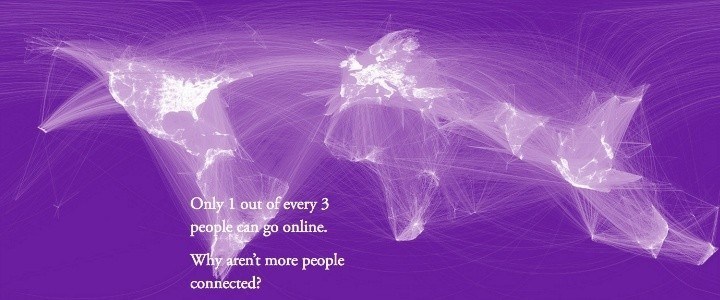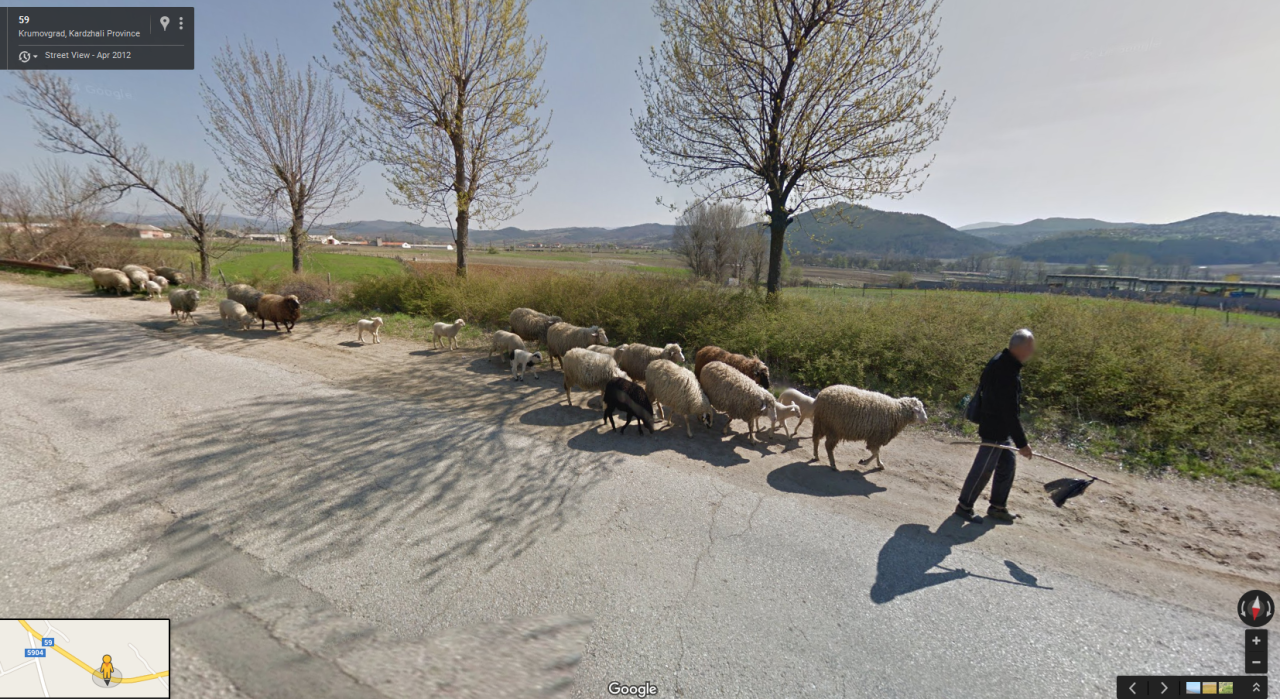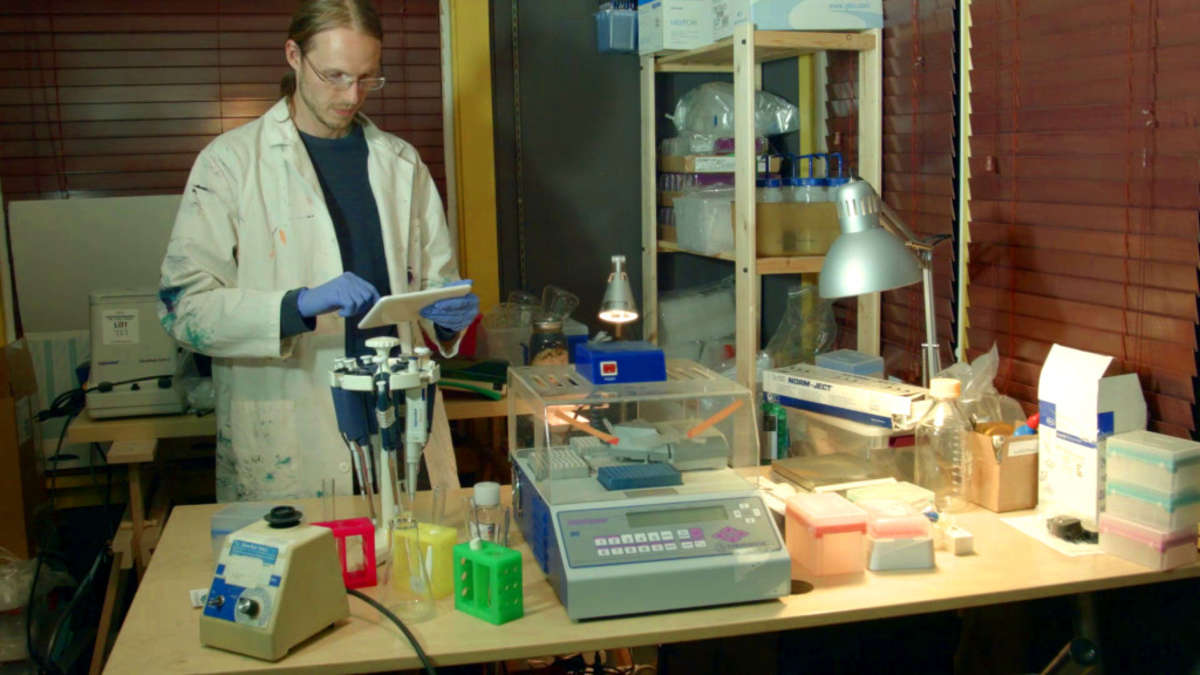I’ll admit, Internet.org sounded like a good idea when I heard about it. However, when you realize that it’s not really the Internet at all (just Facebook), it’s actually worse than it seems.

There’s only so much you can squeeze out of the first world – the current billion or so people – even though Facebook has cut virality, decreased organic reach and tried every which way of getting someone, anyone to pay more for visibility on its once-open social network. A more desperate measure was probably needed.
What they realized they needed to do – for their own future and that of their stock price – was to look beyond these 1.4 billion people to find new users. And, at the same time, to stop these new users from going over to their rivals in Mountain View, California.
These new users are in China, India and the rest of the developing world. China has locked Facebook out. India, with a billion people yet to get on the net is probably seen as the great white hope for the future of this stock.
Source: Facebook’s new internet is evil.






